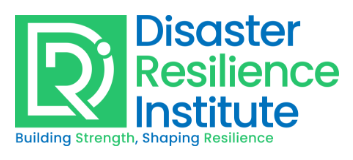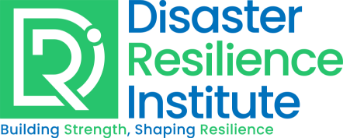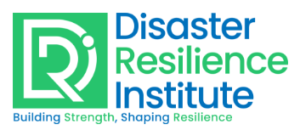Commitment to Humanitarian Values
The Disaster Resilience Institute (DRI) is committed to upholding humanitarian values in its work to enhance disaster resilience. DRI recognizes that disasters have a profound impact on individuals, communities, and societies, and it is guided by principles that prioritize the well-being and dignity of all those affected by disasters. Here are some key aspects of DRI’s commitment to humanitarian values
- Human Dignity: DRI recognizes the inherent worth and dignity of every individual, irrespective of their background or circumstances. In its activities, DRI seeks to promote respect for human rights and ensure that the inherent dignity of individuals is upheld throughout all phases of disaster management.




